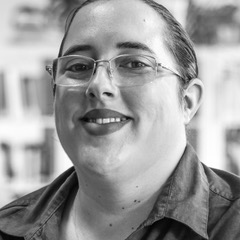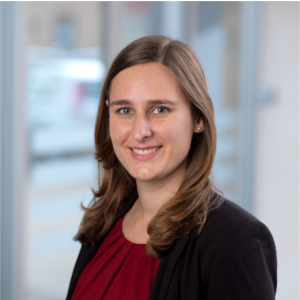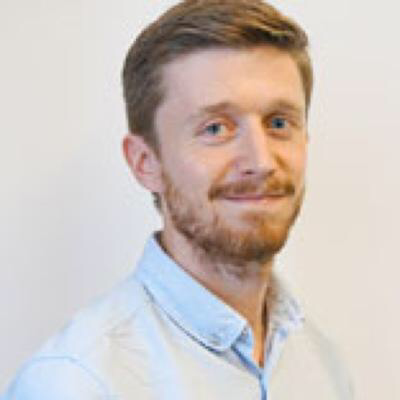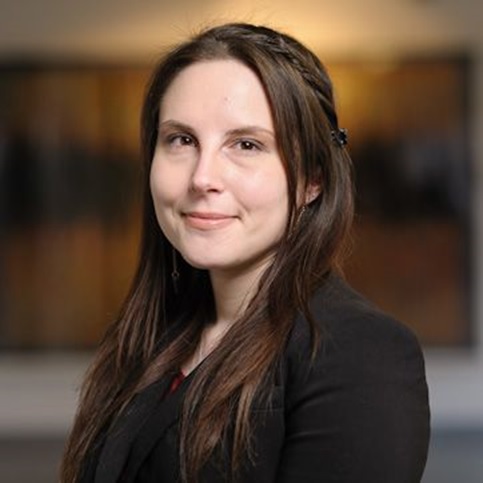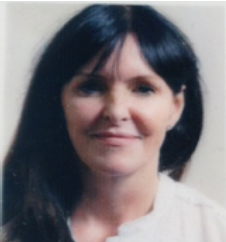PhD in Astronomy, University of Cambridge (2012)
| Innovation Consultant | |
|---|---|
| Innovia Technology | |
Job highlight: Working with a major petrochemicals company on carbon capture and alternative energy technologies.
My research training set me up to… deal with quantitative data sets and solve problems.
What’s your background?
I studied Physics with Astrophysics (MPhys degree) at Exeter University before doing my PhD in Astronomy (on debris discs) at Cambridge. After graduation, I worked in strategy consulting for L.E.K. before moving to work at Innovia Technology.
Why did you move away from academia?
I really enjoyed working collaboratively during my PhD but I found that there were fewer opportunities to do that as a postdoc.
Is there anything you miss about academia?
I miss hearing about everyone else’s cutting-edge research. There is so much fascinating research going on in the astronomy field and it’s harder to keep up with those developments when you’re not in academia.
How did you get this job?
To be honest, it was serendipitous. I wanted to move to Cambridge and do more science, the work–life balance in my previous job wasn’t working for me, and then I came across a job advert for Innovia.
Did you think you had the skills required for your current position before you started? Were you right?
I thought I would be a fairly good fit – I had the science background and the consulting skills, but I wasn’t sure whether or not my physics would be too rusty. Fortunately, it wasn’t!
How did your PhD prepare you for your current job? For example, what were the transferable skills that you developed during your PhD that are most relevant to your current job?
The two major transferable skills I developed were in presenting and writing.
In astronomy, you often present at conferences where most of the audience don’t know much about your specific area. I also used to do public astronomy talks where I had to present to lay people. These experiences were great training for explaining complex subjects to diverse audiences.
Additionally, in any academic position, you do a lot of writing. However, I found that my experience of writing academic papers was not as useful as my experience of writing grant applications and proposals for telescope time (in astronomy, you have to explain why your research has sufficient merit to use valuable time with a telescope). Writing grants and proposals gave me valuable skills in concisely selling my work – much closer to the style of writing required of consultants.
Did you have any preconceptions about your sector that proved to be wrong?
In general, consulting is known for long hours and steep learning curves. While I enjoyed learning a lot in a short time, I didn’t find the work-life balance sustainable in my first job. My preconceptions of working for Innovia were not correct – I’ve found that my job not only has many of the positive aspects of consulting with very few of the negatives, but that it also retains many of the positive aspects of working in academia.
Can you describe a typical week in your job?
Typical weeks vary a lot! In general, I have a mixture of work on projects (research, management, coming up with new ideas, working in teams to solve problems), plus some sales work (talking to clients about their needs and writing project proposals), and some internal work (line management, coaching, delivering training on business skills).
What’s the workplace culture like?
Great. Innovia is an ideal mix of an academic work culture (open and collaborative), good work-life balance and valuing people as individuals. The company aspires to deliver fun, fulfillment, and finance for its employees, and I think it is really effective in doing so.
What are your favourite parts of your job?
Delivering work to clients that is valuable and where we know we’ve done a good job. Also, I love visiting factories and manufacturing plants – definitely not something I expected when I started!
What are your reflections on your (future) career path?
For me, it took me a while to find the right balance between using my background, developing my commercial skills, and balancing my ambition with having a life. For me, Innovia is a sweet spot – I’m intellectually challenged but I can have a life outside work.
Do you have any advice for current graduate students and postdocs considering a career outside of academia?
There are many more options out there than you’re easily aware of – some careers services may channel people towards certain career paths. It can be hard to see options other than academia when you’re in academia, but leaving isn’t a sign of failure, it’s a choice.
Can you recommend any relevant resources, organisations or events that might help somebody new to the sector find out more about it?
Take a look at our website to learn more about what we do. And brush up on your general technical skills – at Innovia, we recruit for technical skills above consultancy skills – those can be learned on the job.
 Innovia Technology is a consultancy specialising in breakthrough innovation. We work with leading companies like Procter & Gamble, Boeing, Johnson & Johnson, LEGO, and Jaguar Land Rover. They come to us with some of their biggest challenges. We help them to invent the future. Since we started up in 1999, we’ve worked on over a thousand innovation projects across a broad range of sectors, from consumer products to energy, from transport to healthcare. We build lasting relationships: 80% of our work is repeat business.
Innovia Technology is a consultancy specialising in breakthrough innovation. We work with leading companies like Procter & Gamble, Boeing, Johnson & Johnson, LEGO, and Jaguar Land Rover. They come to us with some of their biggest challenges. We help them to invent the future. Since we started up in 1999, we’ve worked on over a thousand innovation projects across a broad range of sectors, from consumer products to energy, from transport to healthcare. We build lasting relationships: 80% of our work is repeat business.
Innovia is always looking for consultants from a range of disciplines to join the team, including for example physicists, engineers, chemists, biochemists, and behavioural scientists. There are few graduate opportunities that can offer the same range of intellectually stimulating work as Innovia. Our consultants typically work in multidisciplinary project teams to address the innovation challenges faced by our clients, which are rarely easy. They work on two to four projects at a time, with each lasting between two and six months.
Innovia also offers summer internships to work alongside our consultants at our Cambridge, UK offices. Internships offer an opportunity to sample life in our innovation consultancy and, like our consultants, our interns work in multidisciplinary project teams to address the innovation challenges faced by our clients. Internships are normally 10-12 weeks in duration.
Please see our Graduate and Intern Brochure on the careers page of our website for more information about opportunities at Innovia.

